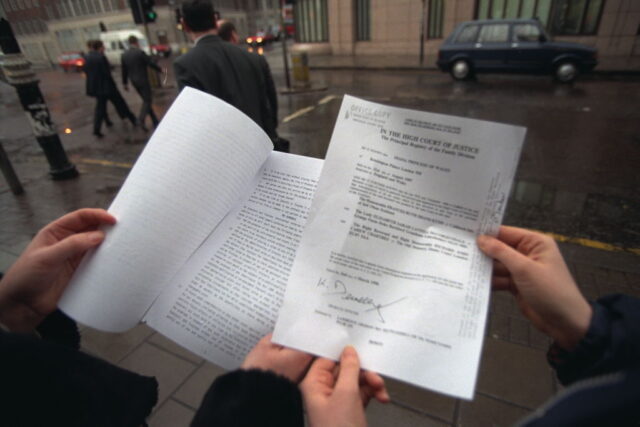When Frank Sinatra sang “My Way,” he wasn’t just crooning about his life, he was foreshadowing the way he’d handle his estate. The legendary singer’s will contained a controversial provision that came to be known as the “Frank Sinatra clause,” influencing celebrity estate planning for years to come.
But what exactly is it, and why did the clause cause such a stir?
‘Frank Sinatra Clause’

At its core, the clause in Frank Sinatra‘s will was a no-contest provision. This meant any beneficiary who challenged the terms of the will would be automatically disinherited. It was a bold move designed to prevent family squabbles and protect the musician’s wishes after his death. The clause essentially told his heirs, “Accept what I’ve left you, or risk losing it all.”
This type of provision isn’t unique to Sinatra, but his high-profile use of it brought it into the spotlight. The Frank Sinatra Clause has since become a topic of fascination for both legal experts and celebrity watchers alike. It’s a powerful tool for those who want to ensure their final wishes are respected, but it’s not without controversy.
Controversy Surrounding No-Contest clauses

While the Frank Sinatra Clause was intended to prevent disputes, it’s sparked plenty of debate in legal circles. Critics argue that such clauses can be used to shield fraudulent or improperly executed wills from challenge. They worry that legitimate concerns about a final testament’s validity might go unaddressed if heirs are too afraid to speak up.
On the other hand, supporters of no-contest clauses argue that they’re an effective way to prevent frivolous lawsuits and protect the wishes of the deceased. They point out that such provisions can save families from costly legal battles.
Gene Roddenberry’s will included a no-contest clause

The Frank Sinatra Clause didn’t just impact the singer’s own heirs, it influenced other celebrities’ estate planning. One notable example is Star Trek creator Gene Roddenberry. He included a similar no-contest clause in his will, demonstrating the ripple effect of Sinatra’s decision.
However, Roddenberry’s use had unintended consequences. His daughter, Dawn Roddenberry, was disinherited when she opted to challenge aspects of the will, arguing that, at the time the document was written, her father wasn’t mentally fit. She wound up dropping the case.
Legacy of the ‘Frank Sinatra Clause’

The Frank Sinatra Clause is a fascinating case study in estate planning. It demonstrates how personal wishes, family dynamics and legal strategies can intersect in complex ways. While Sinatra may have intended to simplify his estate’s administration, his clause has sparked decades of discussion and debate.
More from us: Lon Chaney Truly Was ‘The Man of a Thousand Faces’
Want to become a trivia master? Sign up for our Today In History newsletter!
For those considering their own plans, Sinatra’s will offers valuable food for thought. It highlights how important communication with one’s heirs is, along with careful consideration of potential conflicts,and a thorough understanding of relevant laws. Whether one chooses to include a no-contest clause or not, the goal should be to create a plan that truly reflects their wishes and values.
